Keywords: Uluru Statement
-
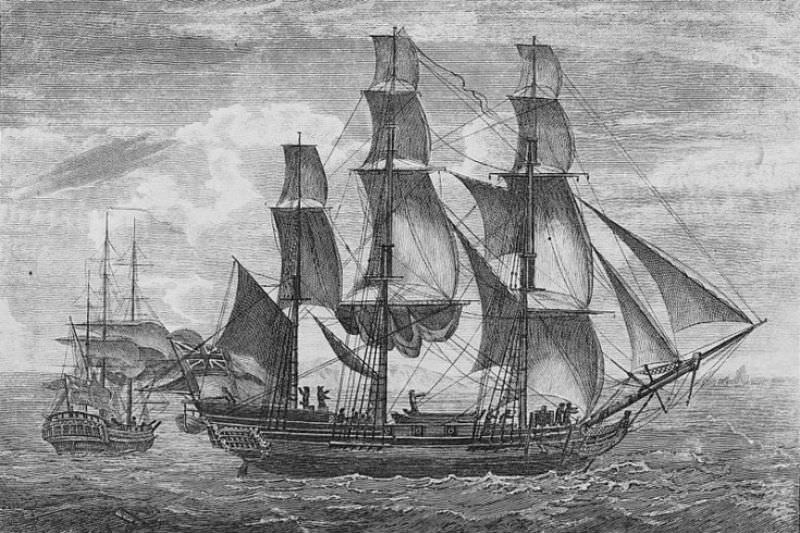
AUSTRALIA
- Esther Anatolitis
- 09 May 2018
9 Comments
The flagship cultural measure in the budget is, strangely, a flagship: the Endeavour. The government announced '$48.7 million over four years to commemorate the 250th anniversary of James Cook's first voyage to Australia and the Pacific'. A permanent presence on the first site of local trauma is not a vision for a nation.
READ MORE 
-
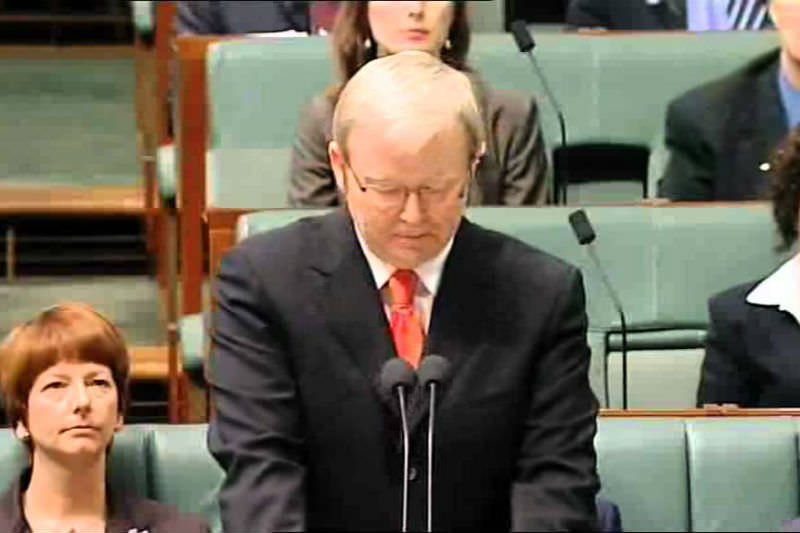
AUSTRALIA
- Frank Brennan
- 13 February 2018
3 Comments
Today we celebrate the tenth anniversary of what was a graced day in our nation's history. Back then, our elected representatives on both sides served us well. A heartfelt apology was given and received. We are all the better for it.
READ MORE 
-
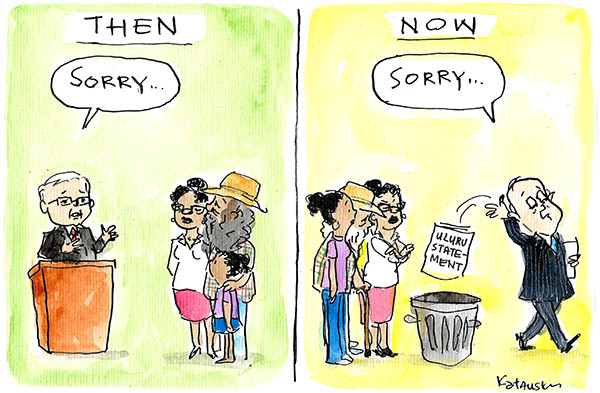
CARTOON
- Fiona Katauskas
- 13 February 2018
READ MORE 
-
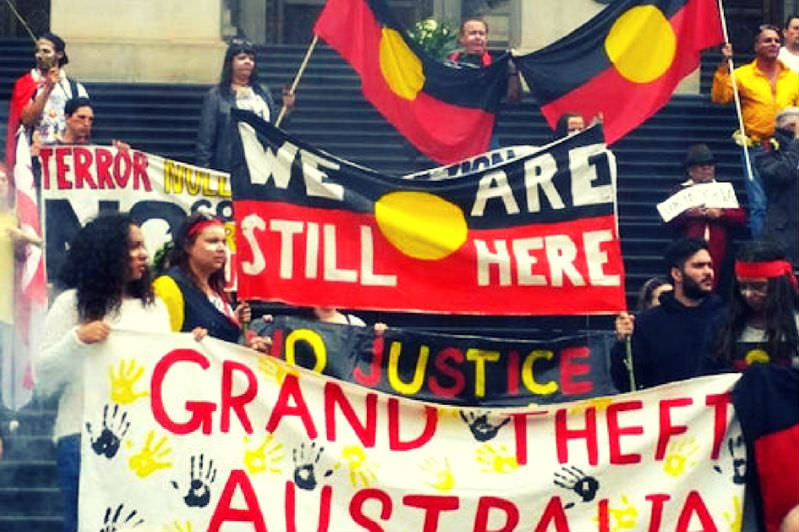
AUSTRALIA
- Fatima Measham
- 18 January 2018
32 Comments
Other states, having been founded on various dates, regarded 26 January as a Sydney thing until 1935. In 1938 it was declared an Aboriginal Day of Mourning. To press the point, the current momentum against Australia Day is not some newfound 'political correctness', not least because it predates the term.
READ MORE 
-

AUSTRALIA
- Kate Galloway
- 21 November 2017
2 Comments
The common thread through all of these stories is the need to have a mature conversation about the ways in which we can afford a meaningful voice to our communities. If human rights are the benchmark, then rights must be afforded to all. It is not right that those with the least power must continue to compromise.
READ MORE 
-
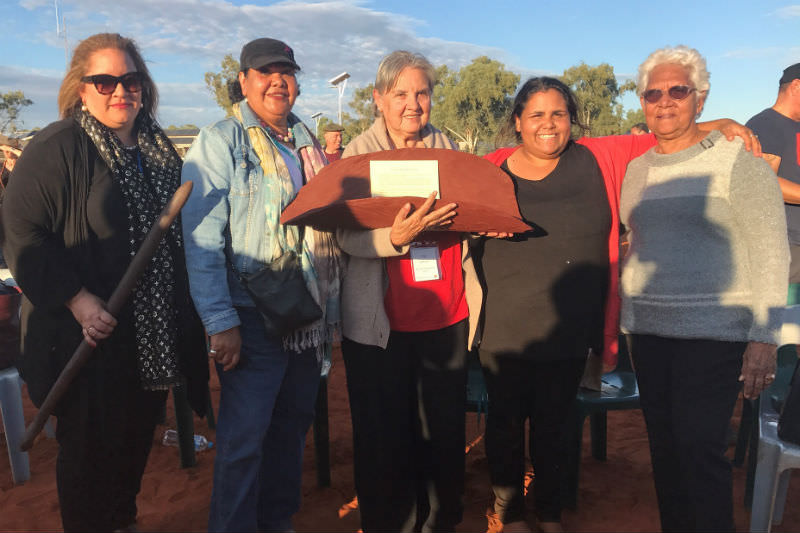
AUSTRALIA
- Anastasia Moore
- 02 November 2017
8 Comments
Why go to the trouble of gathering all the great minds to discuss the issue of recognition, giving hope to a great many people, only to determine the idea 'too ambitious'? What right does Turnbull have to predetermine what Australians will or won't accept? This question could be put to Australians in a referendum.
READ MORE 
-
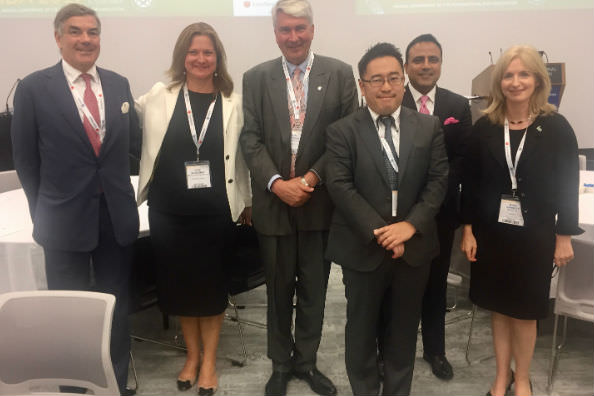
INTERNATIONAL
- Frank Brennan
- 12 October 2017
In the 16th century it was the Dominican friars like Vitoria, Las Casas and Montesino in Salamanca who confronted the state and challenged public opinion about the rights of the indigenous peoples in Spain's newly colonised lands. Not even the most nostalgic and forgiving Jesuit would opine that the modern practitioners of Morality with a capital M challenging the powers of the market and the state would be found in a modern monastery.
READ MORE
-

RELIGION
- Frank Brennan
- 30 August 2017
6 Comments
'There was one controversy in which Lionel Bowen was involved that does provide good lessons for the contemporary Catholic considering the desirable law or social policy on a contested issue - lessons for the citizen weighing what is for the common good. Back in 1979 there was debate in the Parliament on a motion which was framed to stop Medicare funding of abortions. Bowen, a strict Catholic, was strongly opposed to the motion. He did not think the motion was about abortion. He thought it was about money.' Frank Brennan's 2017 Lionel Bowen Lecture
READ MORE
-
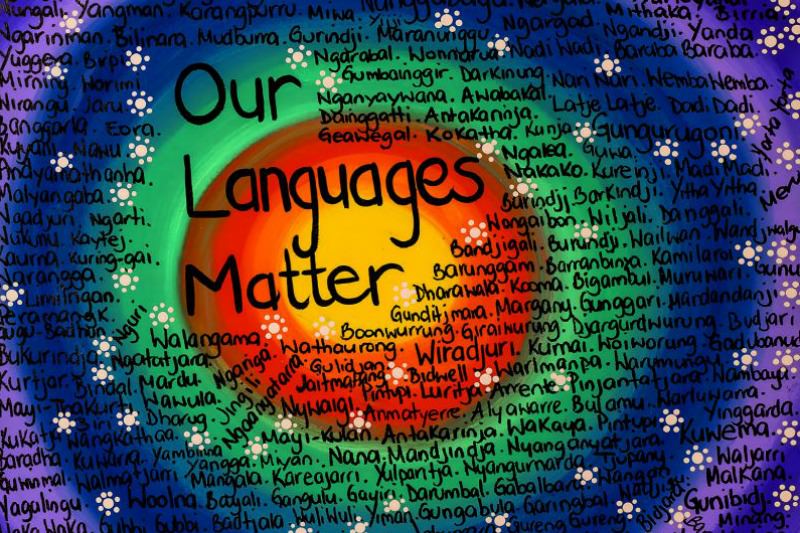
AUSTRALIA
- Frank Brennan
- 04 July 2017
6 Comments
It is no disrespect to those Aborigines and Torres Strait Islanders gathered at Uluru to say that now is the time for the report of the Referendum Council to be scrutinised by our national politicians, and that our elected leaders should pay special heed to the observations of those Indigenous members of the federal parliament who have offered considered reflections on the way forward. In particular, our elected representatives should have regard to the views of Patrick Dodson who is now Bill Shorten's Shadow Assistant Minister for Indigenous Affairs and Aboriginal and Torres Strait Islanders.
READ MORE 
-

RELIGION
- Frank Brennan
- 03 July 2017
There is no point in proceeding with a referendum on a question which fails to win the approval of you, the First Australians. Neither is there any point in proceeding with a referendum which is unlikely to win the approval of the overwhelming majority of the voting public, regardless of when they or their ancestors first arrived in Australia. Given that you Indigenous Australians have spoken strongly through your representatives at Uluru in support of a First Nations Voice, it is now for the Referendum Council to recommend to government a timetable for constitutional change with maximum prospects of a 'Yes' vote.
READ MORE
-
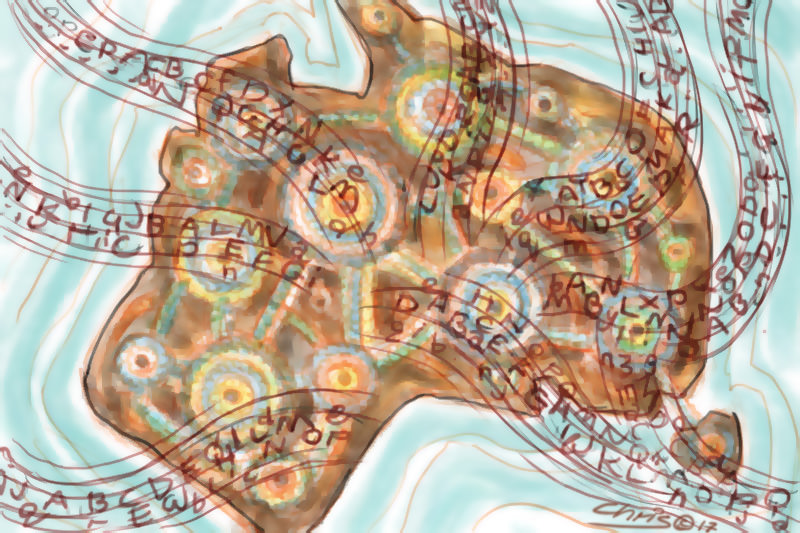
AUSTRALIA
- Andrew Hamilton
- 30 June 2017
11 Comments
The theme of the week is 'Our Languages matter'. It lies at the heart of the Uluru statement. It also poses questions about the way in which we conceive our identity as a nation. In Australia we communicate in many languages. English is the language of business and public life, but many other languages, both Indigenous and introduced, are the primary languages of groups of Australians. Language is much more than a means of communication. It is an emblem of our tribe. It shapes how we interact.
READ MORE 
-
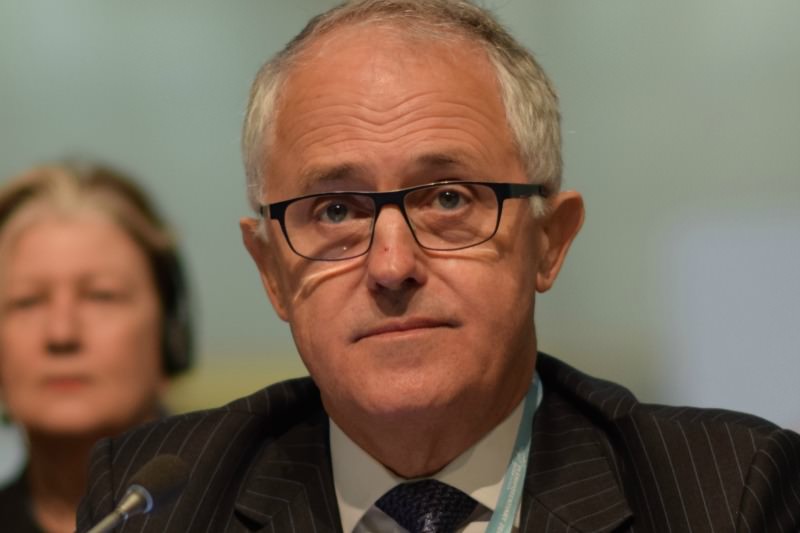
AUSTRALIA
- Fatima Measham
- 21 June 2017
15 Comments
In the latest Essential poll, the primary vote for Pauline Hanson's One Nation lifted to 11 per cent. It does not bode well when competence is no longer the baseline; though in a leadership vacuum, 'someone else' holds a natural appeal. In any case, there can be worse things than incompetence. There is timidity. Mediocrity. Running up the cost of doing nothing at all. In so many ways, the Australian political class is holding us back. That is the crux of nearly every policy impasse over the past several years.
READ MORE 